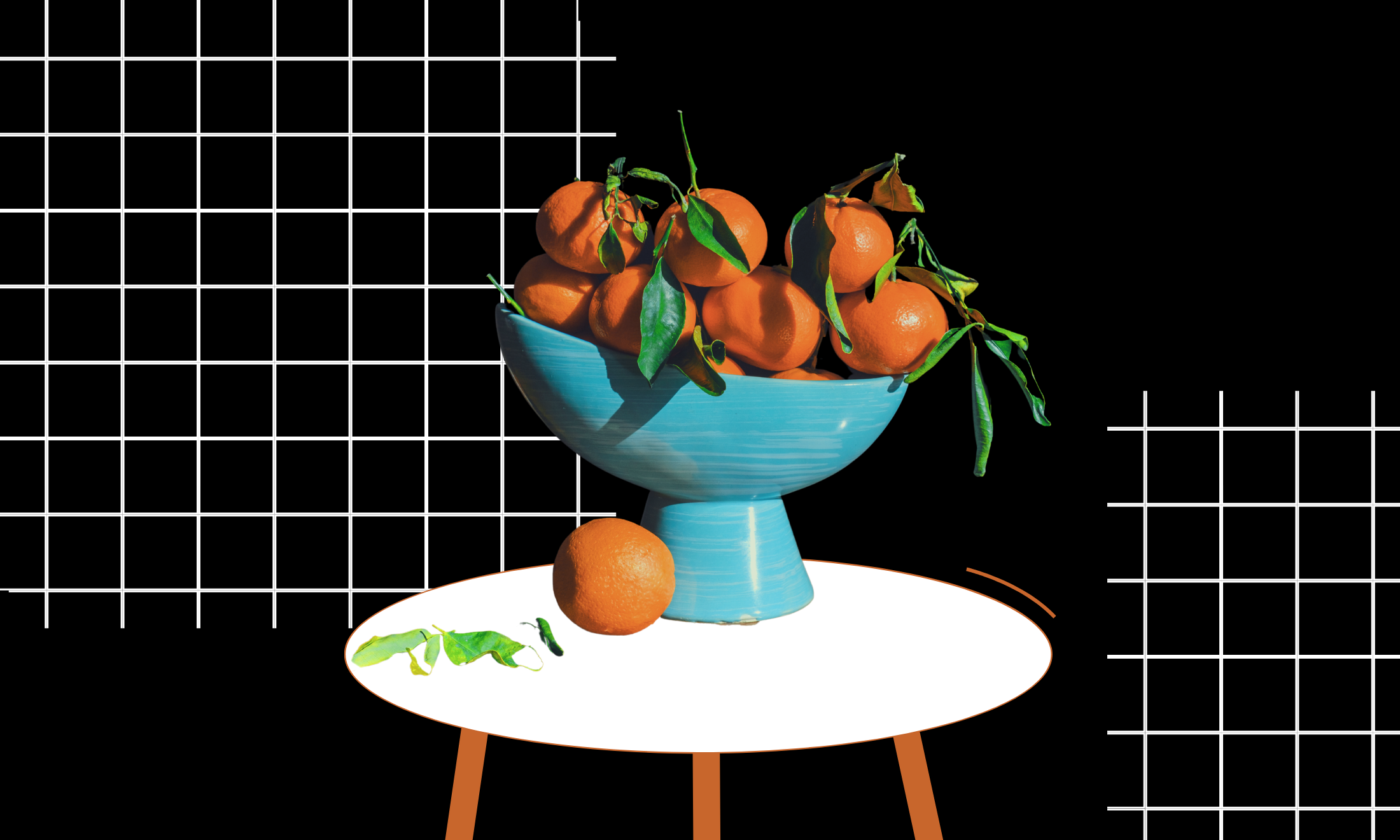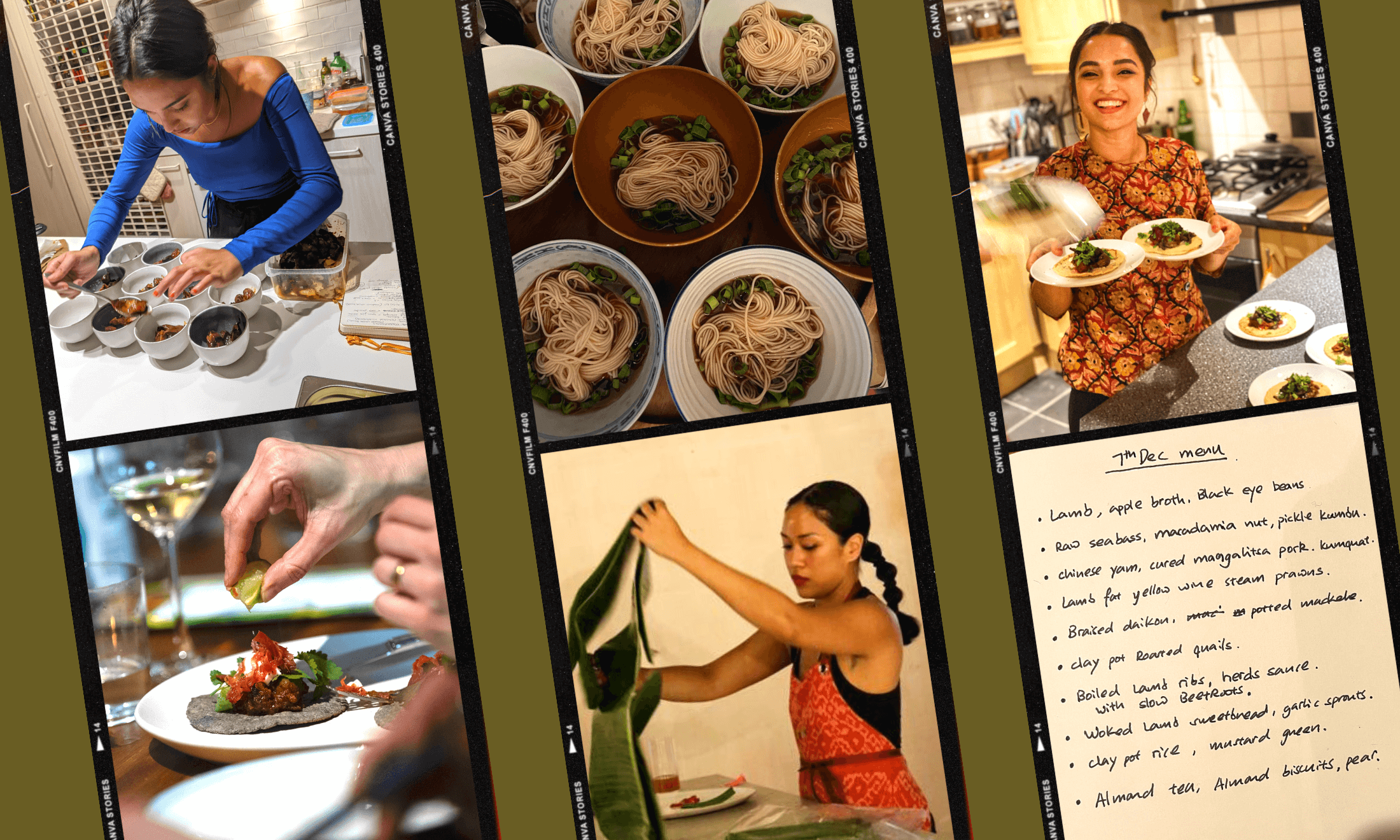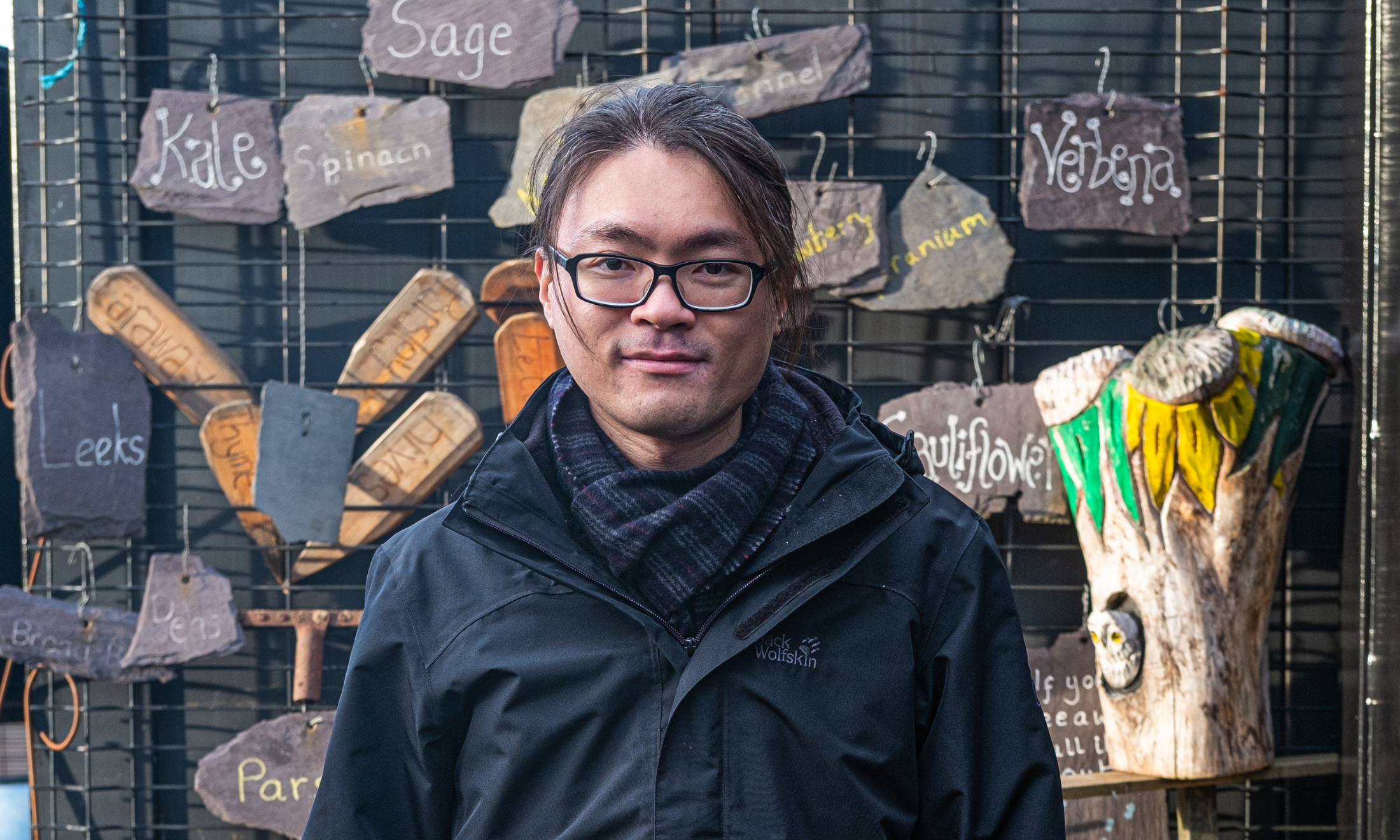
Canva
On rediscovering immigrant love through fruit
How eating sweet fruit helps me connect with my heritage, and cope with loss.
Mishti Ali
26 Jul 2021
The fruit bowl has always been a communal affair in a British Bangladeshi household. At dawats, huge gatherings of friends and family, nobody would come empty-handed, and a bag of fruit full of lychees or watermelon was a sure crowd-pleaser. During Ramadan, the holy Muslim month of fasting and charity, watermelon was a permanent fixture at the dinner table, though the samosas and kebabs may have varied between households.
When I was growing up, my Baba (dad) would drive us into the East End on weekends. Exhausted after Arabic classes, I’d traipse around behind him as he haggled with the vendors in Whitechapel Market or the crowded aisles of fish bazaars under flickering fluorescent lights. He’d return home to my mum, triumphant, laden with crates of cut-price fruit.
My Baba was never one to express his emotions. He took pride in our grades, boasting about his daughters to his friends at the local mosque, but outward signs of affection were rare. I would run and kiss him on the cheek when he came home from work, yet the jokes that I saw my friends share with their parents were alien to me. Stoic and aloof, I knew that my immigrant father strove to ensure that we would enjoy a better childhood than he had.
“As bowls of sweet honey mango or crunchy guava exchanged hands, we reached a mutual understanding: this was how we showed our love”
Sometimes, while sitting on stools in the kitchen, we would mention in passing that this crate of tangerines was particularly sweet. He wouldn’t express any sign of having heard, yet the next day, I’d return from school to find the fruit bowl overflowing with them. I may have been frustrated by these acts of silent acknowledgement while younger, but I began to warm to them when I recognised my Baba as a man in his own right: a human with limitations, one who couldn’t always give me all the reassurance I needed. I grew to find that this was enough.
Though it’s my parents’ native tongue, my Bangla has never been the best. Yet fruit allowed my Baba to surmount the language barrier. Without fail, when we were doing homework, revising, or even just watching TV, he would come to the table silently with a bowl of carefully chopped fruit. As bowls of sweet honey mango or crunchy guava exchanged hands, we reached a mutual understanding: while neither of us was ready to address our relationship verbally, this was how we showed our love.
Our garden in London housed trees heaving with sour green plums and pears, as well as a thicket of blackberry bushes. When she came to visit, without fail, my Nanu (maternal grandmother) would go out with a newfound energy, collecting the fruit in the corner of her sari. In our kitchen, I’d watch her burn garlic over the stove, slicing it with coriander and green chillis, mixing it by hand in a bowl and serving the fruit up as satni, a spicy Bangladeshi dish, with love. Again, she’d rarely eat any herself, though we’d attack it with fervour. To her, the very act of preparing it was enough.
“When she came to visit, without fail, my Nanu would go out with a newfound energy, collecting the fruit in the corner of her sari”
Many Bangladeshi fruits remain elusive in the UK. Despite my family being scattered around the centre of the East End, the discovery of a khatol (jackfruit) always called for inviting uncles and cousins over. My Nanu would squat behind a daa, an intimidatingly large curved knife, the traditional Bengali tool of choice. Her wrinkled brown hands were revitalised as she deftly sliced open the fruit for us, yet rarely enjoyed any herself.
From living in India and East Pakistan, then Bangladesh and England, we rarely discussed what my family had been through. But with fruit at the centre of our circle, tales of my mum and uncles as naughty children, stealing mangoes and gnawing on sugarcane while my granddad worked, suddenly flowed forth. As a second generation immigrant, although I’d not been to Bangladesh often, I associated my family’s visits with sitting on the floor, drooling, as my Nanu unpacked suitcases full of unripe and dried mango. For us, fruit was more than food: it was a rare channel to our heritage.
My Nanu passed away during my winter break, earlier this year.
There is a kind of grief unique to estranged children, one which accompanies the apparently irreversible loss of family and love. Though I told myself that I had already grieved this loss, nothing could have prepared me for this. Distanced from the people who knew us best, I had to mourn her alone. She was the woman who bathed me as a baby, who defended me as a child from my mum’s scoldings, and who sat me between her legs with a mango seed to suck on as she oiled and plaited my hair, even when her hands were aching with arthritis, simply because she knew I loved it.
“The tamarind, so sour that it gives greedy children stomachaches, and the plastic bowls of jujube: I see my Nanu in it all”
Grief is a strange thing in how it breaks us, but stranger still are the ways in which we make ourselves whole again.
This was my first loss as an estranged child and for once, my Baba wasn’t there to console me with his bowls of chopped fruit. For months, I felt hopeless and uprooted. I’d never lost anybody so close to me, and I had no idea what such grief would feel like. Every reminder of her was like a knife twisting in my gut, a constant, raw wound showing no signs of healing.
Yet wandering the cash-and-carries of my childhood, I find comfort in the aisles of fruit once again. The tamarind, so sour that it gives greedy children stomachaches, and the plastic bowls of jujube: I see my Nanu in it all. For the first time, I find myself buying these fruits again, preparing it as she once had. The familiar scent of charred garlic and the balance of spicy and sweet in the various satnis all takes me back to being a child, standing at her elbow and peering over the worktop. The cramped prep rooms of my university accommodation become my childhood home for a moment. Though fleeting, I am grateful for the relief.
Despite the distance between my family and I, the intimate act of preparing and eating fruit is unmatched. As I slice up green apples myself and dip the pieces into chilli powder and salt, I may be alone, but I feel the presence of my Nanu’s memory. Busying myself at the chopping board, I am reminded of one fact: by the fruit in my hands, I know that I am loved.








